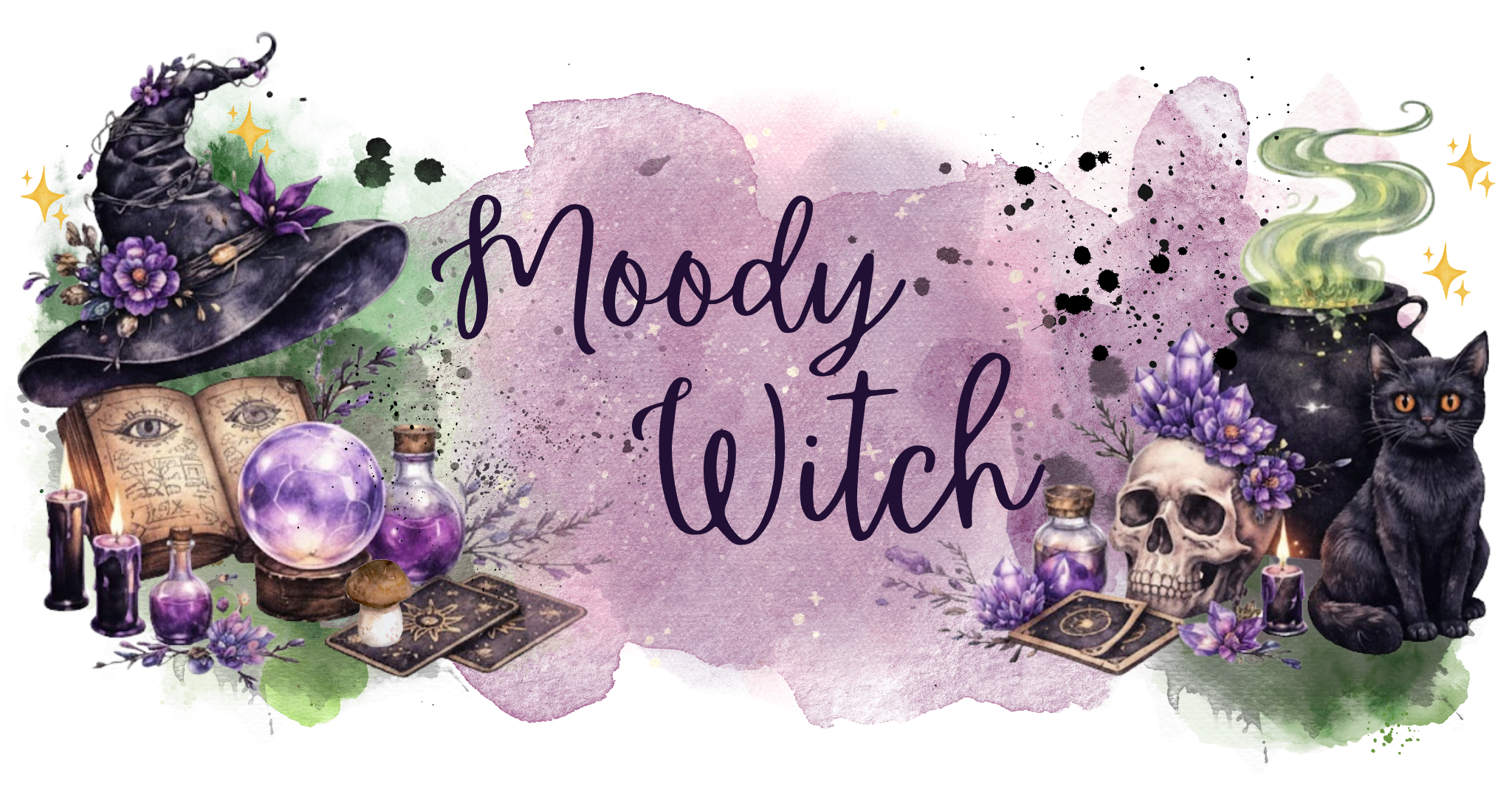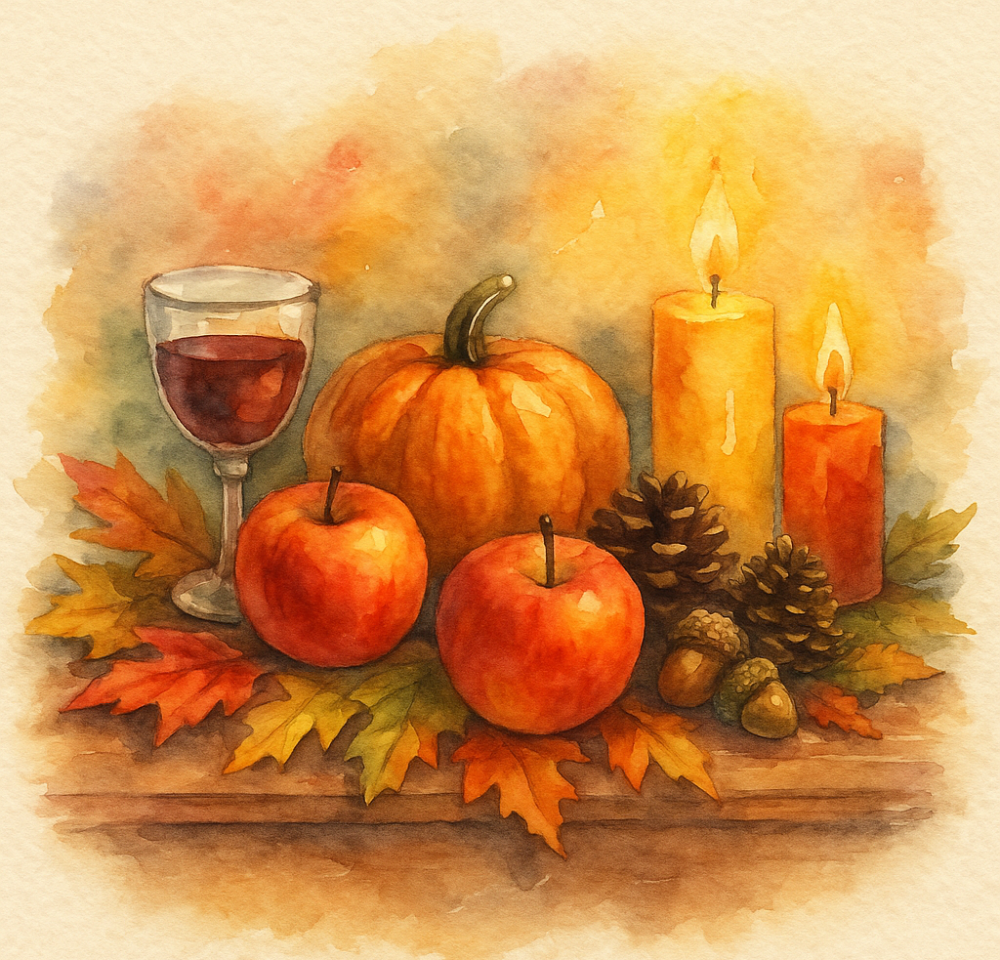Healing After Narcissistic Abuse – Rebuilding Your Peace, Power & Sense of Self

The real battle begins in the silence, when the noise stops but the echo still lives in your bones. Healing from narcissistic abuse is not linear.
It’s messy. Slow. Beautiful. Terrifying. But you don’t have to do it perfectly, you just have to keep doing it.
What Narcissistic Abuse Does to You
It chips at your identity.
It makes you question:
- Am I too sensitive?
- Am I hard to love?
- Am I overreacting… or finally waking up?
Narcissistic abuse rewires your nervous system – and your self-worth. You become someone who apologizes for things you didn’t do…
Someone who flinches at tone, silence, or even kindness. But none of that damage is permanent. It can all be healed.
7 Stages of Healing (Not Always in Order)
1️⃣ Awareness
You stop blaming yourself.
You start connecting the dots.
You read an article (like this one), and something clicks.
2️⃣ Grief
You mourn the relationship and the version of yourself that tolerated it.
You cry for the love you deserved but didn’t receive.
3️⃣ Anger
The “how could they?” and “how did I miss it?” stage.
Let it out. Rage is part of the release.
4️⃣ Boundaries
You start saying no, even when your voice shakes.
You begin to protect your peace like it’s sacred. Because it is.
5️⃣ Self-Rediscovery
You return to your hobbies, passions, music, food…
You remember who you were before you shrank yourself.
6️⃣ Forgiveness (Not for them – for you)
You forgive yourself for staying, for trying, for loving someone who couldn’t love back in a healthy way.
7️⃣ Peace
You stop craving closure.
You stop explaining your worth.
You just breathe – and it feels like freedom.
Common Triggers During Recovery
- Being asked “What are you doing?” in a suspicious tone
- Being around emotionally distant or avoidant people
- Social media memories or seeing them thrive (fakely)
- Gaslighty phrases like “it wasn’t that bad” or “everyone has flaws.”
- When someone else questions your feelings
Don’t shame yourself for getting triggered.
You’re not “stuck.”
You’re healing from emotional warfare – it takes time.
What You Can Do
- Therapy or trauma-informed support groups
- Daily journaling (even one line is enough)
- Mind-body work: yoga, breathwork, walking in nature
- Reconnect with safe people – the ones who never made you feel “too much.”
- Create rituals of self-love – even something as simple as making tea while playing your favorite song
What You Don’t Have to Do
- You don’t have to forgive them to heal
- You don’t have to explain the breakup to people who don’t get it
- You don’t have to be “over it” in 3 months
- You don’t have to be polite to your abuser if you run into them
- You don’t have to have the last word. Sometimes, silence is the closure.
Practices to Reclaim Yourself
Write a letter (and never send it)
Pour out every word. Say it all. Burn it if you want. Let it go.
Practice the word “No.”
Even in small ways – canceling a plan, not replying right away. Reclaim your time.
Reparent your inner child
When the anxiety flares, speak gently to yourself:
“You’re safe now. We don’t live in survival anymore.”
Make a “peace altar.”
Photos, candles, crystals, and affirmations – a visual reminder that you are home now.
Affirmation List for Survivors of Narcissistic Abuse
(Repeat daily. Say it like you mean it. Or whisper it like a prayer. Either way, it’s magic.)
Self-Worth
- I am enough, exactly as I am.
- I do not have to earn love by suffering.
- I am not responsible for fixing broken people.
- My value does not decrease because someone else couldn’t see it.
- I am not “too much.” I was just too real for someone who preferred control over connection.
Trusting Yourself Again
- My feelings are valid, even when others dismiss them.
- I trust myself to notice red flags and honor them.
- I no longer gaslight myself to stay connected to people who confuse me.
- I am safe in my own intuition.
- I am learning to listen to my body’s wisdom again.
Boundaries & Protection
- I do not owe access to people who hurt me.
- “No” is a full sentence and a sacred spell.
- I am allowed to protect my peace, even if others don’t understand.
- Silence is not weakness, it is power reclaimed.
- I deserve to feel safe in every relationship I choose to keep.
Reclaiming Joy & Identity
- I am allowed to take up space.
- I am rebuilding, not from scratch, but from wisdom.
- My joy doesn’t need permission.
- I am not who they said I was. I am who I choose to become.
- Peace is not boring. It is my birthright.
Freebie – “Reclaiming Myself” Journal Prompts
If you’ve ever felt like you lost yourself in a toxic relationship, this printable is for you.
Reclaiming Myself is a gentle yet powerful journaling guide to help you reflect, reconnect, and rebuild after narcissistic abuse.
With 12 deeply healing prompts divided into Release & Awareness, Boundaries & Self-Protection, and Rebuilding & Reclaiming, this sheet is designed to support your healing process – one honest page at a time.
🖤 Download it, print it, light a candle, and let the words flow.
You deserve to feel safe in your story again. 🖤
👉 [Download the Journal Prompt Sheet here]
Final Words
You loved deeply.
You believed in potential.
You gave your heart and kept trying, even when it hurt.
That’s proof of your strength.
But now?
It’s time to stop bleeding for people who only ever brought knives.
You’re not meant to fix others.
You’re meant to feel safe, loved, and free.
Let healing be your revenge.
Let joy be your comeback.
Let peace be the loudest thing in your life.








